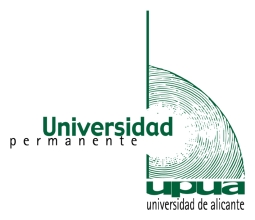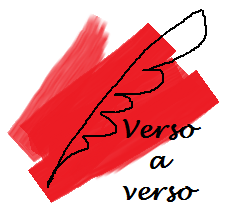
A cooperative language acquisition experience – Cooperative Learning
Cooperative Learning is a useful, interesting tool both for the achievement of optimum academic results and for its use as a way to develop social skills.
The strategy behind Cooperative Learning promotes collaboration among students, its purposes being to enable students to help each other to achieve their respective aims and to provide them with support when they request it.
Several definitions of Cooperative Learning exist. Basically, it relates to a student-centred approach which uses small groups (generally four to 15 people, deliberately selected by types). This allows students to work together and succeed in their efforts to optimise or maximise both their own learning level and that of the other group members.
The teacher’s role in Cooperative Learning is that of a mediator in the generation of knowledge who, apart from monitoring group work, supervises it actively (not ‘directively’) during the process of knowledge creation and transformation via social interaction.
Cooperative Learning as a strategy to exploit the great potencial of knowledge and make the most of seniors experience
- One can expect seniors to have accumulated a great deal of knowledge and experience which is very often ready to be shared with and transmitted to others.
- Carrying out a Cooperative Learning activity among seniors only requires including in the working group some people with the ability to deal with learning. One of them will act as a mediator.
- On the one hand, UPUA students own a great language-learning potential and, on the other hand, they strongly feel the need to improve their command of second languages. In other words, we find ourselves in an ideal situation to implement a Cooperative Learning experience within the field of language acquisition.







